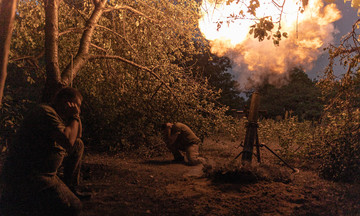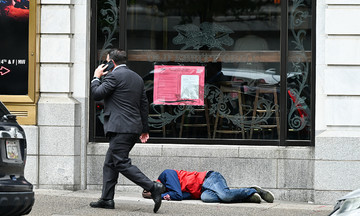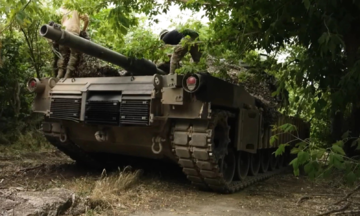On 17/7, Prime Minister Benjamin Netanyahu announced that Israel would continue using military action to enforce two "red lines" in Syria: the demilitarization of the area south of Damascus and the protection of the Druze minority living there.
"We will not allow military forces to be present in the area south of Damascus. We will also not allow the Druze to be harmed in the Jebel Druze region," Netanyahu said, referring to the volcanic plateau in southern Syria.
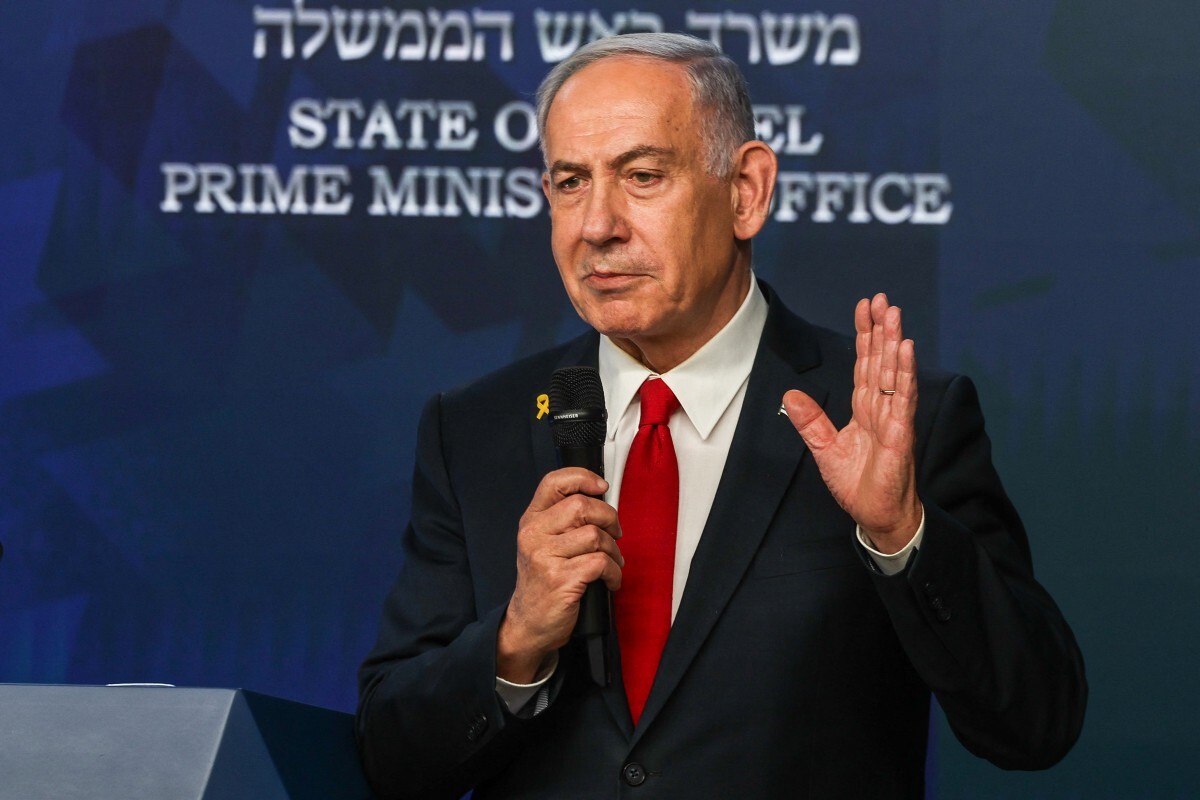 |
Israeli Prime Minister Benjamin Netanyahu at a press conference in Jerusalem on 21/5. Photo: AFP |
Israeli Prime Minister Benjamin Netanyahu at a press conference in Jerusalem on 21/5. Photo: AFP
Earlier this week, Syrian Interim President Ahmed al-Sharaa ordered the army to deploy forces to the area south of Damascus to enforce a ceasefire between Bedouin fighters and Druze militias.
The Israeli prime minister described this move as "unacceptable in any form," affirming that Tel Aviv would continue to act decisively to protect the Druze community. He emphasized that the newly reached ceasefire agreement in Sweida province, which includes a clause requiring Syrian government forces to withdraw, was "a result of force, not pleading."
Violence erupted earlier this month between Arab Bedouins and Druze in southern Syria, stemming from a historical feud, and escalated with kidnappings and retaliatory executions.
Syrian government forces were deployed to the area on 15/7 at the request of some Druze leaders, but several factions seeking autonomy did not agree.
The Druze community in Israel then called on their government to intervene in the ethnic conflict in neighboring Syria. The Israel Defense Forces (IDF) launched airstrikes on Syrian military installations, including the Ministry of Defense headquarters, and an area near the Presidential Palace in Damascus.
Since the Assad government was toppled in Syria in 12/2024, the IDF has declared it will not allow Syrian troops to be present in the southern region. It has also asserted control over the UN-monitored demilitarized zone on the Golan Heights and conducted hundreds of airstrikes on targets in its neighbor.
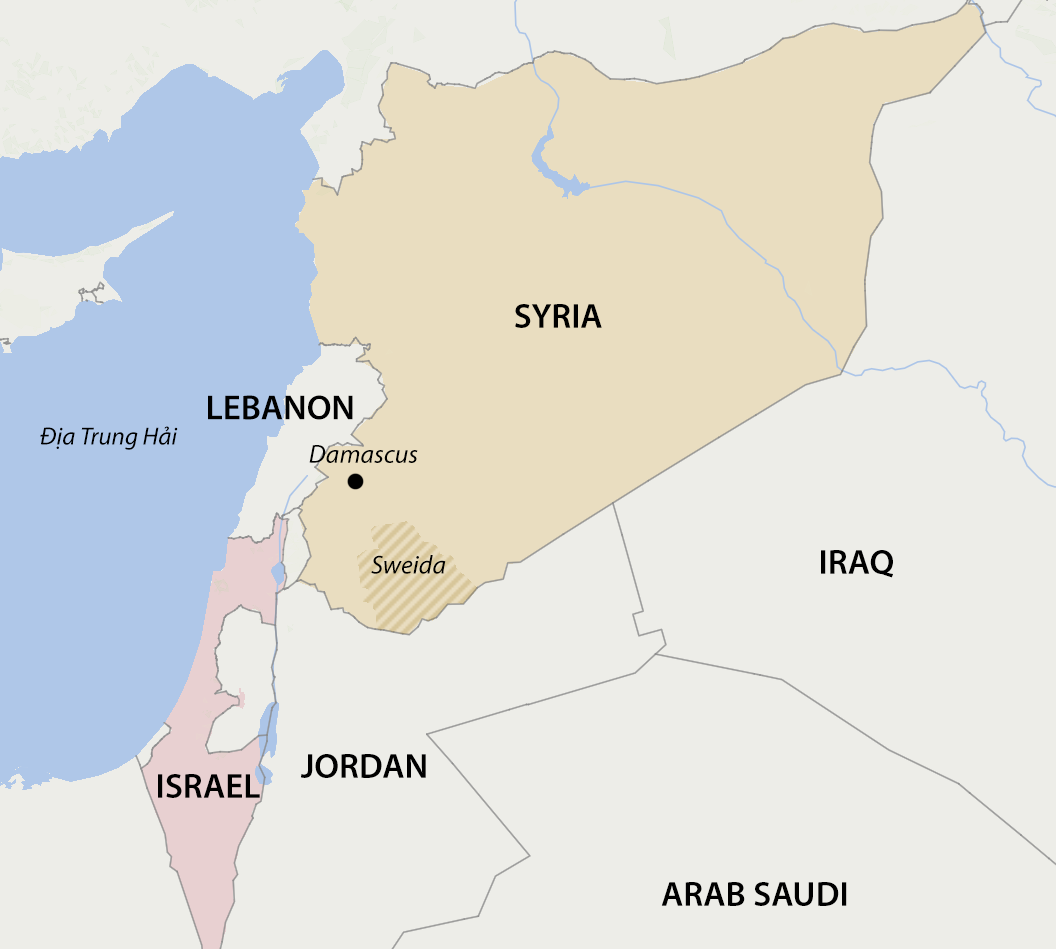 |
Location of Sweida province, Syria, and Israel. Graphic: WP |
Location of Sweida province, Syria, and Israel. Graphic: WP
Despite the announcement of a new ceasefire, brokered by the US and Arab countries, fighting continues in southern Syria.
Syrian state media accused Druze militias of continuing to kill Bedouin civilians, particularly in the Al-Maqwas area. Bedouin fighters still want to launch a new attack to rescue hostages, arguing that the ceasefire only applies to government forces.
The US State Department has stated it does not support Israel's attacks on Syrian territory. State Department spokesperson Tammy Bruce called on Israel and Syria to work together to resolve the crisis and reach a lasting agreement.
Turkish President Recep Tayyip Erdogan accused Israel of exploiting the Druze to "expand its plunder" of Syrian territory. "The biggest threat in the region right now is Israel's aggression. If not stopped immediately, they will not hesitate to push the entire region and the world into a sea of fire," he declared.
Thanh Danh (Reuters, Times of Israel)










